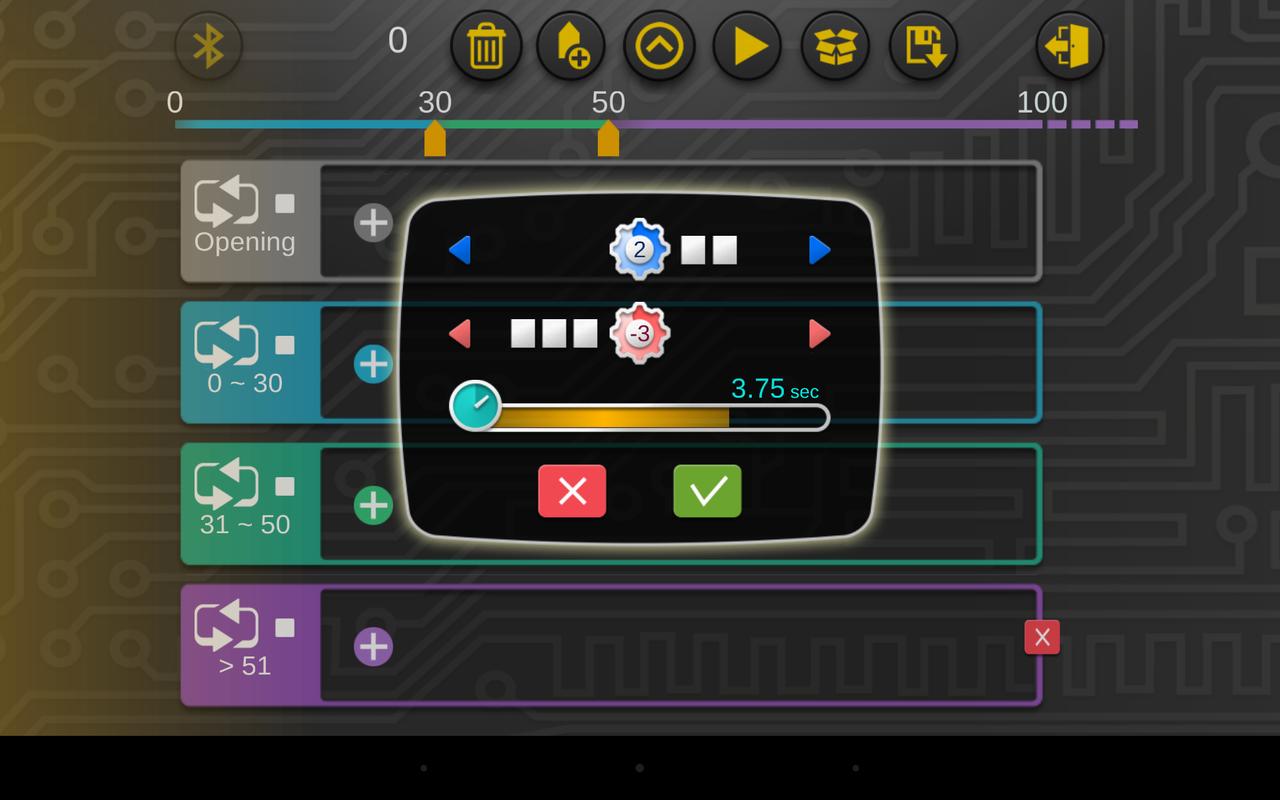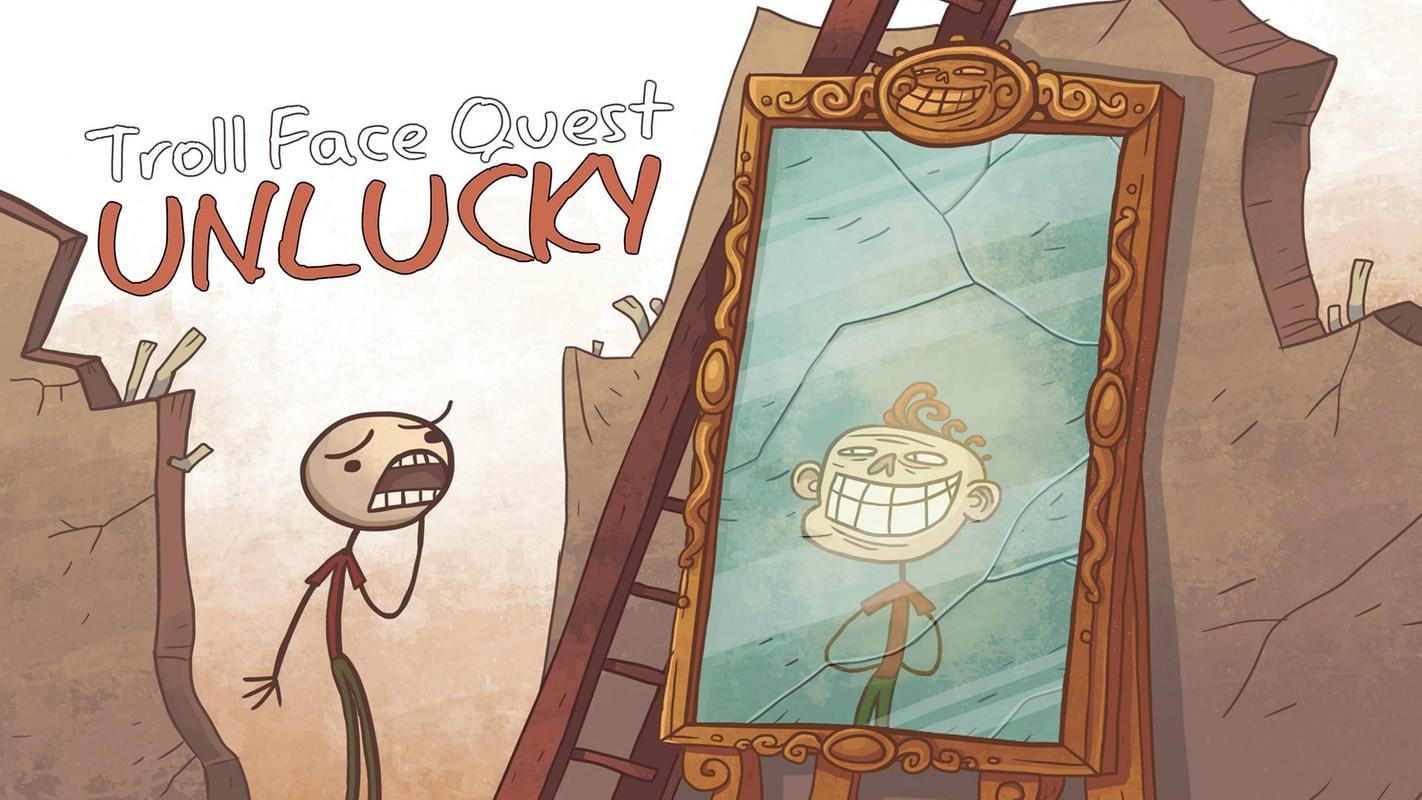

However, only 56% of parents reported using privacy settings that limit the collection of data through children’s apps. The Children’s Online Privacy Protection Act, or COPPA, addresses this issue by requiring the operators of apps and other online services to provide parental control over release of private information. Two-thirds of parents expressed concerns about their child sharing private information through apps. More than half also used privacy settings, daily time limits and passcodes for certain content.Ī third of parents say their child was taught in school about safe use of social media apps, and these parents are more likely to say their child uses social media apps.īut many parents expressed concerns about social apps, especially when it came to their child’s privacy, exposure to inappropriate content and vulnerability to adult predators. Most parents are currently using at least one parent control feature, with nearly two thirds using a parental block on certain sites and three fifths requiring parent approval for new contacts. In deciding which apps are appropriate and safe for their child, nearly three in four parents polled said they consider if the app has parental controls while more than three in five looked at an app’s age rating or if it’s needed for school. “If parents can’t commit to taking an active role in their child’s social media use, they should have their child wait to use these apps.” “If parents are allowing younger children to engage in social media, they should take responsibility for making the child’s online environment as safe as possible,” Clark said. Another two in five said it was too time-consuming to monitor social media, while a little more than a third believed parent controls are a waste of time because children would find a loophole around parental controls.Ĭlark says parents should be helping kids navigate the social media world to help them understand the harms of oversharing and interacting with strangers.

Parents cites several challenges in watching over their kids’ social media use with one in five saying they couldn’t find the information they needed to set up parental controls. The nationally representative report is based on responses from 1,030 parents with at least one child aged 7-12. “Our poll looks at how often tweens and younger children use social platforms and how closely parents are monitoring these interactions.” “There continues to be debate over how soon is too soon when it comes to using social apps and how parents should oversee it,” said Sarah Clark, M.P.H., Mott Poll co-director. Mott Children’s Hospital National Poll on Children’s Health. Teens making Tik Tok dance videos, communicating through Snapchat and growing their own Instagram accounts has become common in the modern digital era.īut social platforms are also becoming familiar to younger kids, with parents in a new national poll reporting that half of children aged 10-12 years and a third of children ages 7-9 use their devices to engage with others on social media apps.Īnd while most parents track their kids’ use of social media, one in six aren’t using any parental controls for their child’s social apps, according to the University of Michigan Health C.S.


 0 kommentar(er)
0 kommentar(er)
